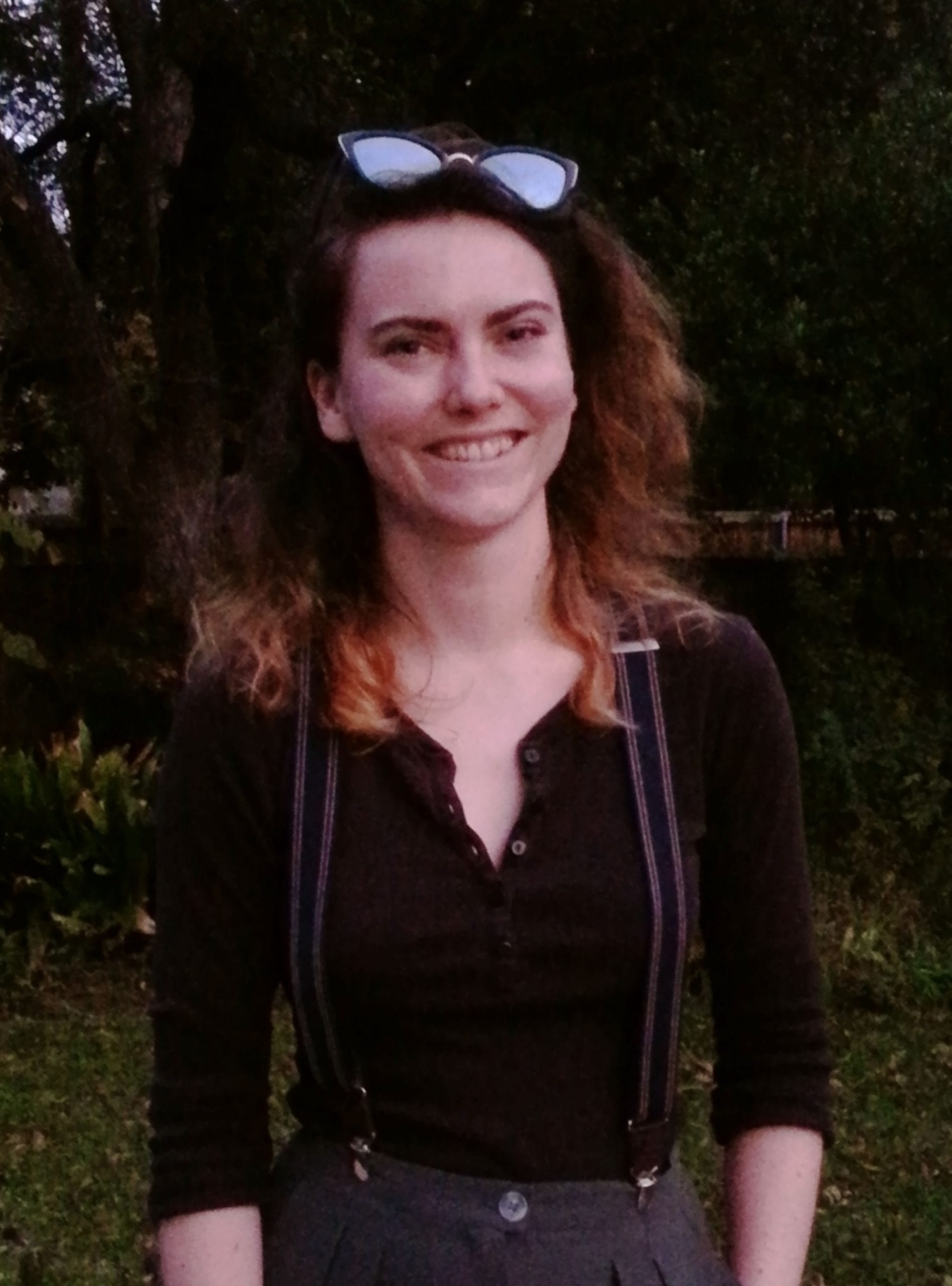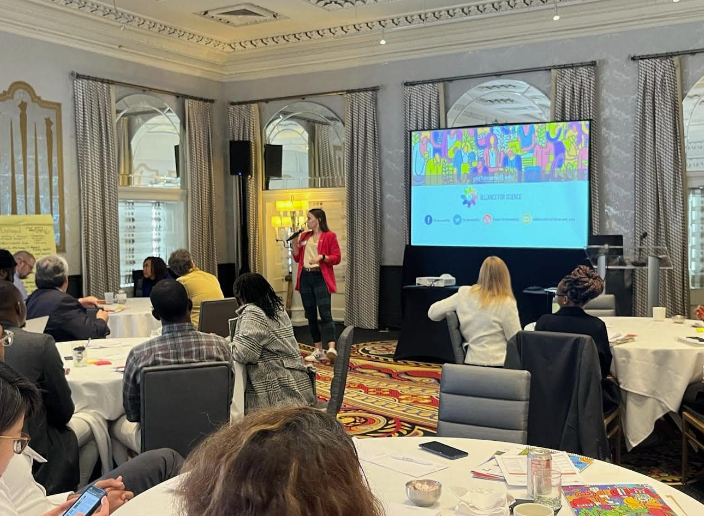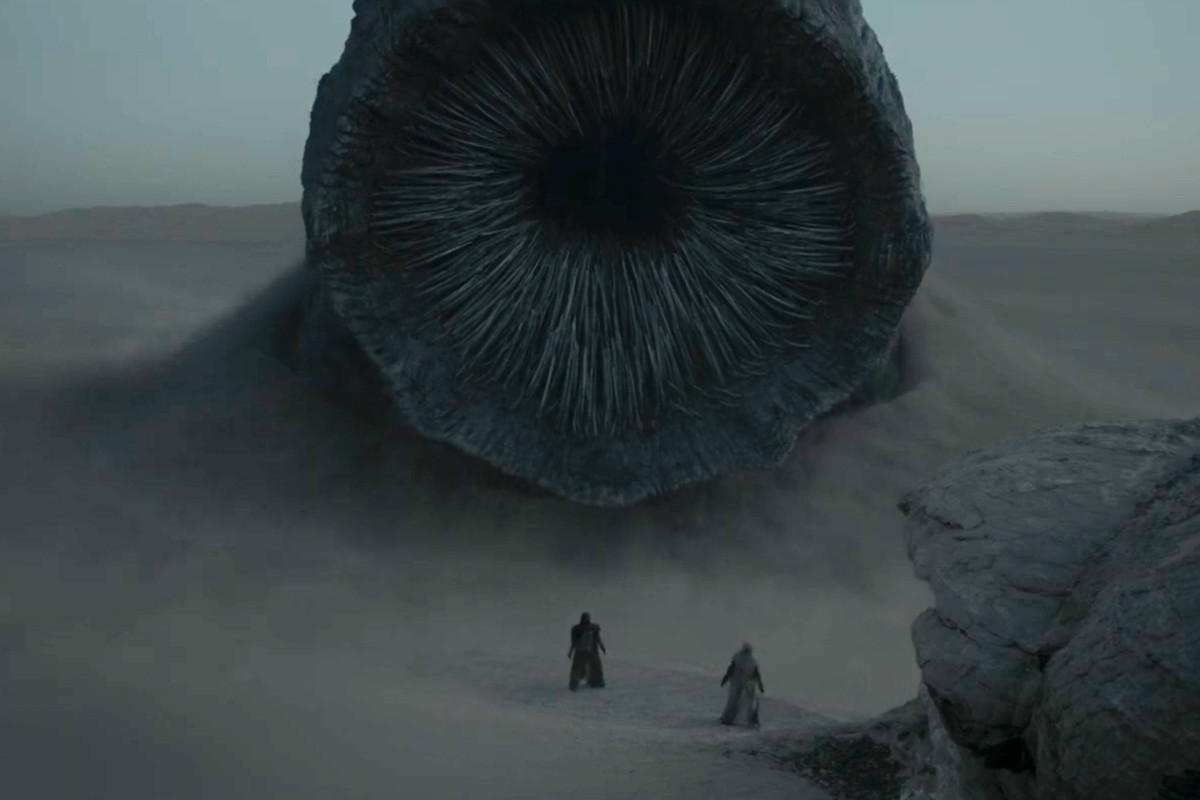We've reached a point in the pandemic where people are starting to wonder: what would you do in a vaccinated world? Of course, reaching that reality requires that the world continue to take the health risks of coronavirus seriously, and that we continue to be transparent about how vaccines are made, tested, and distributed. There has been a lot of mistrust of the multiple COVID-19 vaccines for a wide range of reasons — from the speed at which resources and knowledge came together, to the historic mistreatment of patients (particularly Black patients) in the name of science.
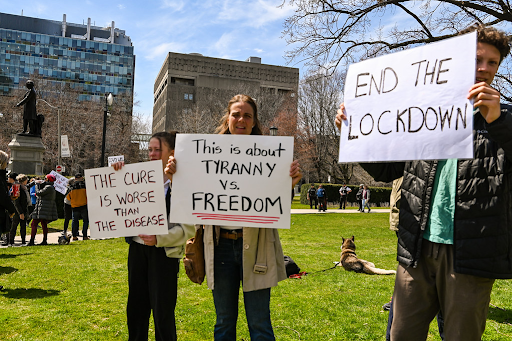
The hesitancy around the vaccines, as well as the continued refusal of many to wear facemasks that are proven to slow the spread of the virus, has led my peers and I to ask: how do we restore trust in science? Scientists often attempt to stay aloof from their social impact in an effort to remain unbiased in their research, but this also results in their findings being twisted to fit other narratives.
A twisted idea I'd like to leave behind with this pandemic is the Social Darwinist idea of “survival of the fittest.†2020 was the year that I finally learned who coined that phrase. No, it was not Charles Darwin (though he picked up the phrase for later writings), but rather the writer Herbert Spencer. Spencer was a contemporary of Darwin who philosophized on many topics, and while you can read his essays for free on Project Gutenberg… I'd advise that you don't. Spencer was a white-supremacist and eugenicist, and you don't have to read much of his work for it to be obvious who he considers “civilized men†and who he considers “savages.†Spencer used Darwin's theories to try to explain that certain sectors of mankind would naturally dominate others; that it was in our nature to crush others under our heels. Because of his supremacist views, Spencer (deservedly) faded out of popular opinion. However, the origins of this phrase still affect how we interpret evolutionary ideas today. And “survival of the fittest†is one of the worst, most pervasive misinterpretations of science that I can think of.
When talking about “fitness†in a scientific context, biologists don't use the term to mean “are you fit enough to run a 5K?†Instead, you can think of it more like a puzzle piece fitting into the greater image. Is an organism well adapted to its environment? Does it produce offspring that are also well adapted? Then it has high fitness. UC Berkeley's Understanding Evolution site has a succinct explanation: “The fittest individual is not necessarily the strongest, fastest, or biggest… fitness includes [the] ability to survive, find a mate, produce offspring — and ultimately leave [genes] in the next generation.â€
Darwin, in On the Origin of Species, explained the concept of fitness through his theory of natural selection, which is a mechanism for change. If fit organisms produce lots of offspring then, assuming their traits are coded in genes, the next generation will have more individuals that share traits with the fit parents. Gradually, over many generations, those traits — ones that help a creature survive and reproduce — will become more common in the population. Hence, we have evolution.
It is worth reiterating that evolution is not a progression towards smarter, stronger, or faster, nor does evolution progress from the simple to the complex. Similarly, there are no organisms that are “more evolved†than others. Spencer and his contemporaries, however, would have you believe that complexity is the basis for evolution; that we can put trees, turtles, and dogs on a ladder up to the pinnacle of evolution: mankind.
In reality, I (or any human) am no more or less fit, and no more or less evolved than, say, a slime mold. Both of our lineages have survived until this point because we are matched to the respective habitats we live in. Evolution is fickle, and just because an organism hasn't changed its shape much in millions of years, like horseshoe crabs, that doesn't mean the organism is “less evolved.†Evolutionary forces have been acting on horseshoe crabs just like any other species, but these organisms were already so well adapted that “fit†traits were already highly prevalent and did not need to fluctuate. If you need more proof that evolution is way more chaotic than a simple, linear progression, you can turn away from horseshoe crabs (which aren't actually crabs, but arthropods), and look at the evolution of real crustaceans, which have independently evolved into crab-like outer shapes multiple times throughout the history of the planet.
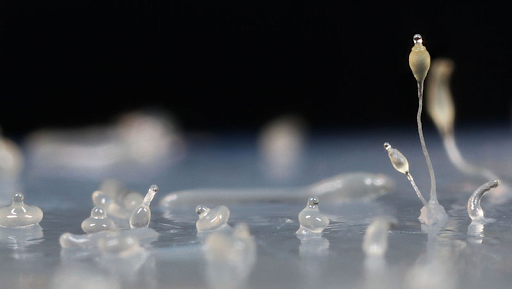
I compared humans and slime molds before because even these “simple†creatures share something remarkable with humans: altruism. When in harsh environments, the single celled amoebae Dictyostelium discoideum will gather together and form a multi-cellular slime mold with a fruiting stalk. The amoebae composing the stalk die as the stalk hardens, but the remaining amoebae can climb it and be carried away on the wind to greener pastures. Such sacrifices for the greater good are common throughout nature.
For humans, the greater good doesn't always require an act so drastic, but it does ask that we think about our community before ourselves. In fact, caring for each other is what allowed us to survive as a species, and lack of compassion may have been why other Homo species died out. Fossils of early humans have revealed healed bones and physical deformities which would have required others to provide for their survival. In this context, “survival of the fittest†becomes laughable. Early humans didn't abandon their weak or sick or elderly because community was (and is) crucial.
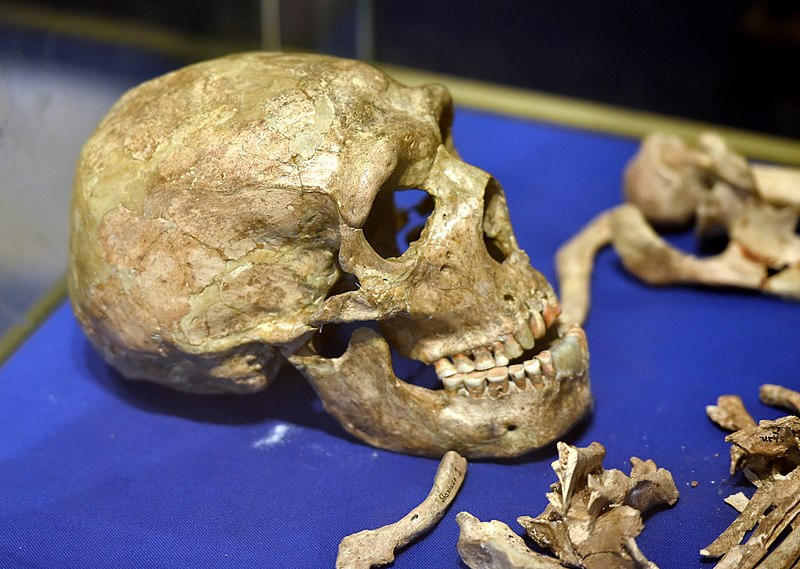
With a better understanding of evolution and of early human life, it becomes clear that social Darwinist interpretations were from a particular historical context that does not apply to modern interpretation. Yet because Spencer's essays were titled First Principles, and because we revere Darwin for the theory of natural selection, we have come to the cultural conclusion that “survival of the fittest†and all its associations are, indeed, principles fundamental to life. But natural selection can be separated from white-knuckle competition as the driving force of life. For example, Robin Wall Kimmerer, a Potawatomi professor at SUNY-ESF, offers this interpretation of natural selection:
“There is no question but that all living beings experience some level of scarcity at various points, and therefore that competition for limited resources, like light or water or soil nitrogen, will occur. But since competition reduces the carrying capacity for all concerned, natural selection favors those who can avoid competition. Oftentimes this is achieved by shifting one's needs away from whatever is in short supply, as though evolution were suggesting ‘if there's not enough of what you want, then want something else.'â€
Darwin was not the only or earliest writer on the ideas of evolution, any more than Spencer was the voice of authority on its social implications. Yet we've let the ideas of these men and their contemporaries dictate public understanding of evolutionary biology and ecology for one hundred and fifty years. In the process, we have concealed the dark history of bigotry by scientific leaders — look no further than the full title of Darwin's most famous work: On the Origin of Species by Means of Natural Selection, or the Preservation of Favoured Races in the Struggle for Life. This willful ignorance has obscured our ability to analyze evolutionary ideas in a harsher light.
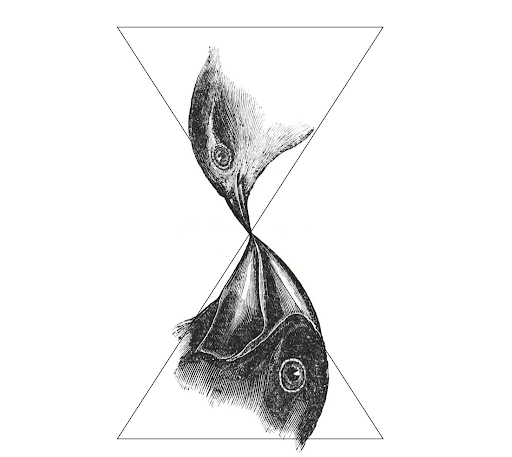
Until we face the ugly history of how these ideas came to be, we cannot hope to change how they are used. Science cannot be trusted as a force of social change if it continues to ignore its social impact. However, if we leave behind preconceived notions of what must be, and step back to look at what is, we can upgrade outdated ideas. Just last month, while Texas was being ravaged by an ice storm that led to over 100 deaths, a Texas mayor wrote that it was not the government's responsibility to provide support and that “only the strong will survive and the weak will [perish].†But fundraising by Representative Ocasio-Cortez and mutual aid efforts throughout the state provided community relief in spite of such beliefs. Rather than insist that only the strongest individuals will triumph, we can come together as communities to support each other. The pandemic, too, reminds us that miraculous things happen when we work together and share resources: in one year's time, we developed multiple vaccines to a previously unknown virus. Community and compassion are how humans survived in the past, and it's how we can build a better future.
About the Author
Kelly (KB) McCrum is a Ph.D. student in the Department of Plant Biology working on the interactions of plants and microbes under climate change. A theater kid at heart, she's passionate about science communication, and would love to tell you why science and art should go hand in hand. You can find her waxing poetic about her home state (Texas), conversing with her houseplants, and/or thinking of excuses to do more traveling.
-
This author does not have any more posts.

